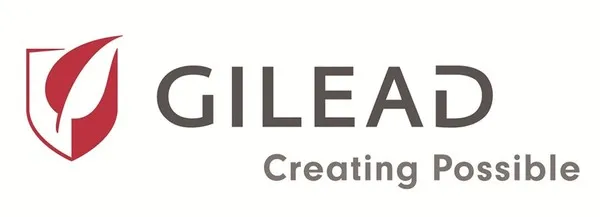

Significant Improvement in PFS for Untreated PD-L1 Positive TNBC Using Trodelvy and Keytruda Cohabulary
Groundbreaking Results in TNBC Treatment
Gilead Sciences recently announced significant advancements in the treatment of PD-L1 positive metastatic triple-negative breast cancer (TNBC) through the promising results of the ASCENT-04/KEYNOTE-D19 trial, which assesses the combination of Trodelvy (sacituzumab govitecan) and Keytruda (pembrolizumab). This combination therapy has shown statistically significant and clinically meaningful improvements in progression-free survival (PFS) compared to the previous standard of care involving chemotherapy combined with Keytruda.
The ASCENT-04/KEYNOTE-D19 Trial
Conducted on April 21, the pivotal Phase III trial specifically targeted patients with unresectable locally advanced or metastatic TNBC that were untreated and expressed PD-L1 positivity (CPS ≥10). Data from this trial indicate clear advantages, as Trodelvy and Keytruda resulted in improved PFS outcomes, setting a new benchmark in the therapeutic approach to this challenging disease.
Key Messages from the Trial Results
Dietmar Berger, MD, PhD, Chief Medical Officer at Gilead, expressed his optimism regarding the trial’s results, highlighting that the combination therapy could potentially reshape treatment protocols for metastatic breast cancer. He emphasized that these results mark the first evidence that combining antibody-drug conjugates with immunotherapy could offer enhanced options for patients facing this difficult condition.
The trial’s principal investigator, Dr. Sara Tolaney from Dana-Farber Cancer Institute, reiterated the pressing need for effective treatment options in metastatic TNBC, stating, "The data presented suggest that the combination of sacituzumab govitecan and pembrolizumab could lead to improved outcomes for patients through a novel therapeutic strategy that engages both antibody-drug conjugates and immunotherapeutics."
Safety Profile
The safety profile for the Trodelvy and Keytruda combination aligned with previously known safety experiences from each medication. The results showed no new safety concerns, providing further reassurance to healthcare professionals and patients involved in treatment decisions.
Initial Improvements in Overall Survival
Although data regarding the primary secondary endpoint of overall survival (OS) was still under evaluation during the PFS analysis time-point, early trends have indicated initial improvements in OS for patients receiving the combination treatment. Gilead plans to maintain follow-up with patients to continue monitoring OS outcomes through further analysis, underpinning their commitment to monitor long-term treatment efficacy.
Researchers aim to present detailed trial outcomes at forthcoming conferences, while further regulatory consultations are anticipated. The combination of Trodelvy and Keytruda remains hopeful in providing a novel therapeutic option for PD-L1 positive TNBC patients.
The Need for New Treatment Options
Despite advancements in treatment, approvals for novel agents targeting PD-L1 positive TNBC in first-line therapy settings remain scarce, creating an urgent need for alternatives. Recent studies show that over half of patients do not receive subsequent treatments after first-line therapy, emphasizing the importance of finding innovative solutions to improve patient outcomes. The palliation provided by this combination treatment could be a breakthrough for this demanding patient population.
Insights on Trodelvy
Trodelvy is an FDA-approved antibody-drug conjugate (ADC) targeting TROP-2 which has demonstrated meaningful survival benefits in patients with metastatic TNBC and those with hormone receptor-positive, HER2-negative breast cancer. This drug, recommended as a Category 1 treatment by the National Comprehensive Cancer Network (NCCN), not only wields significant potential against TNBC patients but is also receiving attention in ongoing trials for various cancer types.
Furthermore, Gilead is advancing multiple Phase III trials to explore the potential of Trodelvy in metastatic HER2-negative breast cancer where PD-L1 basis treatment is not applicable, alongside additional trials for other cancer types, demonstrating the company's commitment to tackling this complex disease landscape.
Conclusion
The ASCENT-04 study presents a meaningful step forward in addressing the unmet needs for treatment of carry adverse conditions like metastatic, unresectable PD-L1 positive TNBC. As researchers mobilize to disseminate further findings and validate result implications to regulatory bodies, the combination of Trodelvy and Keytruda opens doors for hopeful innovations in breast cancer therapeutics.
Topics Health)










【About Using Articles】
You can freely use the title and article content by linking to the page where the article is posted.
※ Images cannot be used.
【About Links】
Links are free to use.